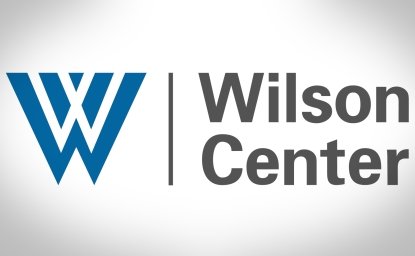For decades, average Americans did not pay much attention to the Arab world but that situation changed in the 1970s. As U.S. involvement grew in the region in the 1970s, so did contact at the elite and societal level. "The 1970s was a pivotal time for American relations with the Arab world," said Wilson Center Fellow Salim Yaqub, who is working on a book about U.S.-Arab diplomacy during that decade.
During these years, he argues, the profile of the United States rises in the Arab world, particularly as European and Soviet influence in the region begins to wane. "Americans and Arabs became an inescapable presence in each other's lives and perceptions, and each society came to feel profoundly vulnerable to the political, economic, cultural, and even physical encroachments of the other."
Examining relations during this time can help explain present-day relations. On the one hand, said Yaqub, there is tension and animosity between Arabs and Americans but, at the same time, "Arab-Americans to an unprecedented degree have become integral to U.S. society. Both sides of the dichotomy come into focus in the 1970s."
On the U.S. side, the 1973 Arab-Israeli war precipitated an oil embargo that made Americans take notice. The ensuing peace process, culminating in the 1978 Camp David Peace Accord between Egypt and Israel, established the United States as the primary outside mediator in the Arab-Israeli conflict, said Yaqub. But it also suggested the limits on the U.S. approach toward peacemaking, he said, since the agreement did not yield similar agreements with other Arab nations.
During this time, the rise of international terrorism also sparked attention, as Palestinians used terror to publicize their plight, for example, the murder of Israeli athletes during the 1972 Olympics in Munich. The Palestinians attracted international attention to their cause but also became associated with terrorism, said Yaqub. By the end of the decade, Palestinians acknowledged the difficulty of defeating Israel and started considering a political settlement limited to the West Bank and Gaza.
The decade also saw a dramatic rise in Arab immigration to America. Whereas Arab immigrants previously had come in small numbers, mostly from Lebanon and Syria, suddenly they began arriving from across the Arab world. As a result, Arab-American grassroots organizations also increased.
"With the radicalization of the Arab world after the 1967 Six-Day War, the environment [in America] becomes hospitable to political activism," said Yaqub. Arab organizations increased lobbying efforts to help change U.S. policy toward the Middle East and also worked to combat negative portrayals of the Arab world in the media. "There's animosity but there is also rising dialogue and accommodation."
Yaqub was born in the United States and raised in Lebanon. He later returned to the United States to study and work. Currently, he is on sabbatical from the University of California at Santa Barbara where he teaches history. "My research here touches on events I remember well and it's interesting to revisit them in a historical way."

